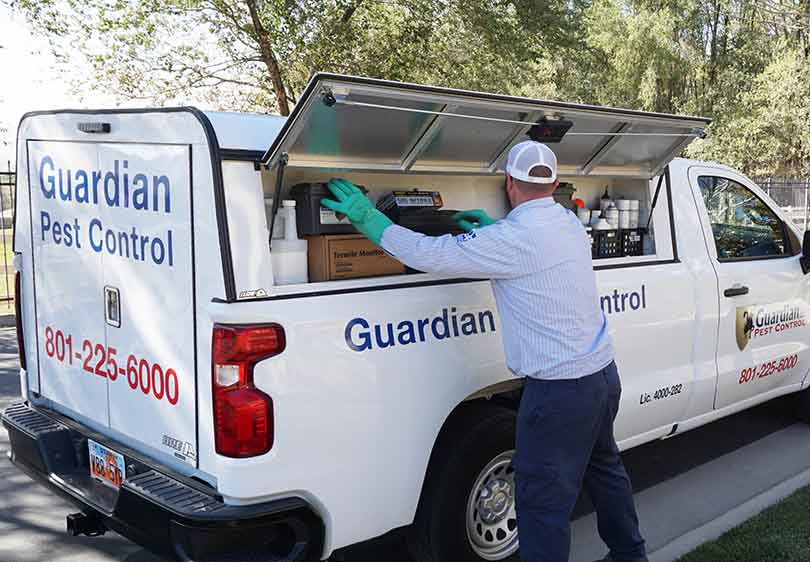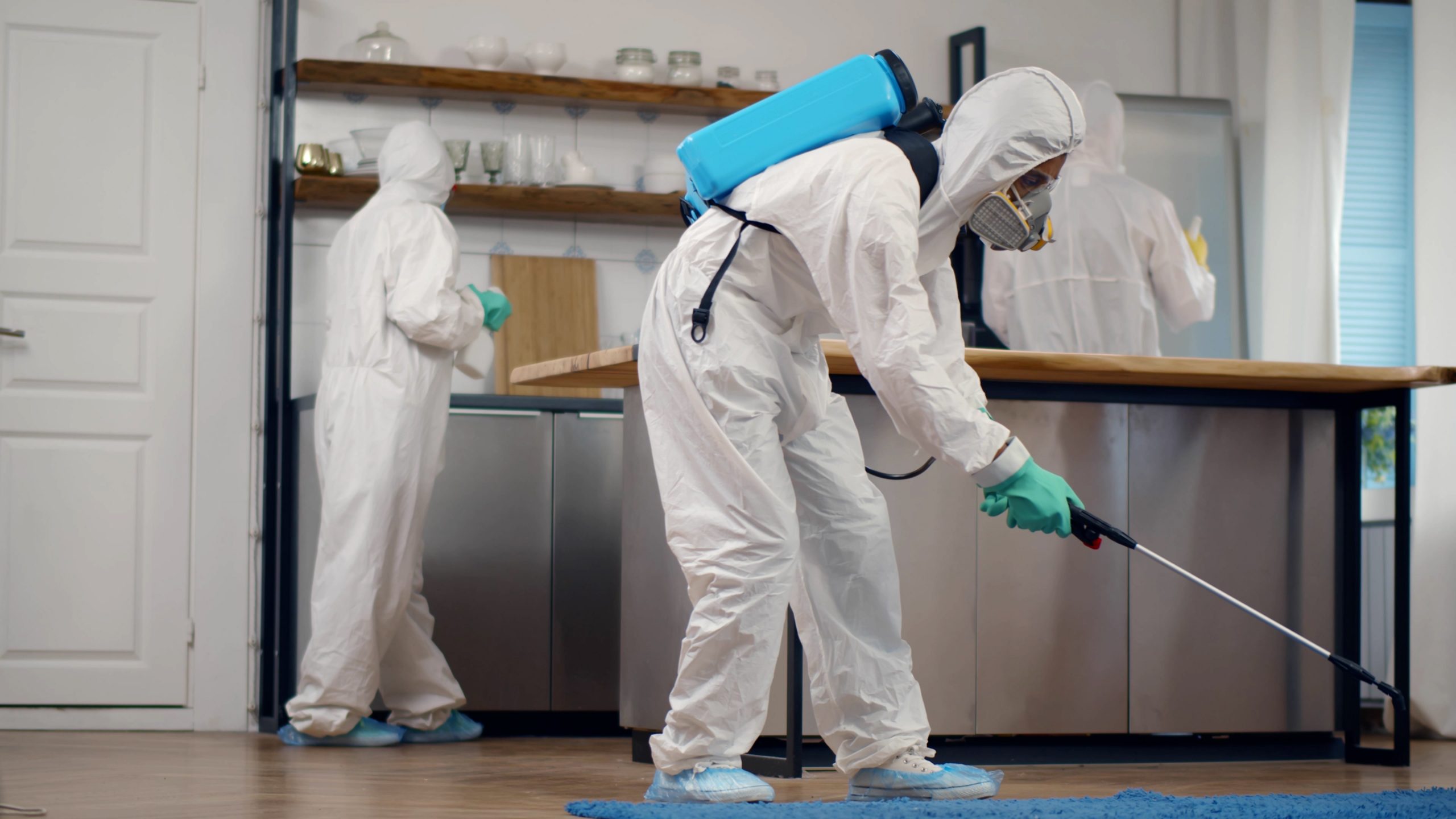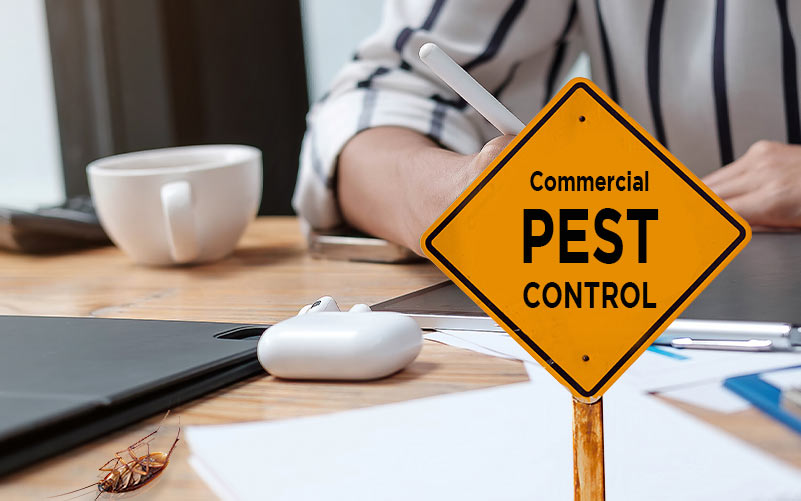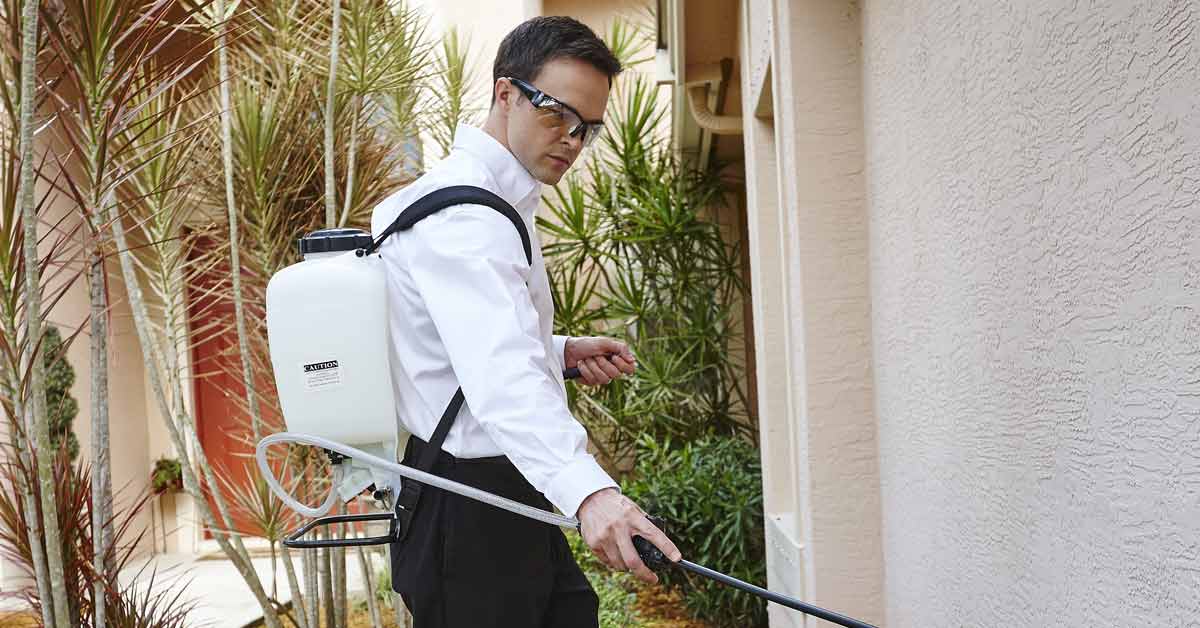Rest Easy with Orem Pest Control: Reliable Protection Versus Pest Intrusions
Rest Easy with Orem Pest Control: Reliable Protection Versus Pest Intrusions
Blog Article
Discovering the Various Sorts Of Parasite Control Techniques and Their Applications
Bug control is an important aspect of preserving a safe and healthy and balanced environment, whether it be in property, commercial, or farming setups. From chemical techniques that target details insects to organic approaches that harness all-natural predators, the realm of parasite control is diverse and huge.
Chemical Pest Control Methods
Chemical pest control strategies are widely made use of in agriculture and pest monitoring to successfully eliminate or regulate pest infestations. These methods include the use of chemical materials, such as herbicides, pesticides, and chemicals, to lower or get rid of insect populaces that pose a hazard to plants, animals, or human health and wellness. Chemicals, for example, target details bugs like insects, rats, or weeds, interrupting their life cycles or creating direct injury upon get in touch with. Herbicides are specifically designed to control unwanted plants that completes with crops for resources and nutrients. Pesticides, on the other hand, are utilized to battle insect pests that can harm crops and send diseases.
While chemical bug control methods can be highly efficient in handling pest populaces, they also raise problems about possible environmental and wellness risks. Improper usage or overuse of chemical pesticides can cause pollution of air, dirt, and water, hurting non-target microorganisms and creating lasting environmental damage. Furthermore, duplicated direct exposure to chemical residues might posture wellness dangers to farmworkers, customers, and wildlife. It is essential to follow safety and security guidelines, utilize integrated pest administration strategies, and think about different approaches to lessen the negative impacts of chemical parasite control methods.
Biological Parasite Control Techniques
 Organic insect control methods make use of living organisms to handle and decrease pest populaces in a sustainable and eco pleasant fashion. One usual method is the launch of ladybugs to battle aphids in gardens, as ladybugs are all-natural killers of these damaging parasites.
Organic insect control methods make use of living organisms to handle and decrease pest populaces in a sustainable and eco pleasant fashion. One usual method is the launch of ladybugs to battle aphids in gardens, as ladybugs are all-natural killers of these damaging parasites.
Biological bug control techniques supply a number of benefits over chemical methods. They are commonly much safer for the atmosphere, as they do not leave unsafe residues or contribute to pollution. In addition, these approaches are typically extra targeted, influencing only the parasite varieties without harming useful pests or various other microorganisms. Organic control can be a long-term option, as the presented microorganisms can develop lasting populations and offer ongoing parasite monitoring. Generally, biological parasite control techniques present a effective and all-natural alternative to standard chemical therapies, promoting a balanced environment and much healthier atmospheres.
Physical Pest Control Approaches
Making use of physical methods to regulate insects involves using mechanical or non-chemical means to mitigate and manage pest invasions properly. These approaches count on physical barriers, traps, and other methods to discourage and remove parasites without using unsafe chemicals. One common physical pest control approach is the installment of fences, webs, or screens to obstruct bugs from going into details locations. This approach is particularly efficient in maintaining out pests and small pets from yards or structures.
An additional physical approach is making use of catches, such as breeze catches for rats or pheromone traps for bugs. These traps goal to catch pests without posing any kind of threat to humans or the atmosphere. Additionally, physical control approaches can consist of Web Site techniques like handpicking bugs off plants, using vacuum cleaner gadgets to eliminate bugs, or employing warm treatments to remove bed insects and other parasites in plagued areas.
Integrated Pest Monitoring Approaches
Carrying out an alternative method to pest management, Integrated Insect Monitoring (IPM) strategies aim to combine different reliable methods to stop and regulate bug problems while lessening ecological influence and guaranteeing lasting insect control techniques. IPM involves the integration of multiple control methods such as organic control, social practices, mechanical control, and the careful use of pesticides.

Furthermore, IPM emphasizes the relevance of monitoring and examining pest populaces to determine the most ideal control strategies. By carrying out IPM approaches, insect control efforts come to be much more targeted and reliable, decreasing the risks linked with excessive chemical use and advertising long-term pest management options.
Natural and Organic Bug Control Options

One prominent organic insect control approach is neem oil, stemmed from the seeds of the neem tree, which acts as a repellent and interrupts the development and development of bugs. Diatomaceous earth, an all-natural silica-based powder, is an additional reliable organic parasite control option that functions by dehydrating pests upon contact. By integrating all-natural and natural bug look at this now control options into bug management methods, individuals can effectively manage pests while minimizing injury to the atmosphere and promoting lasting methods.
Final Thought
In verdict, different insect control methods such as chemical, biological, physical, incorporated pest management, and all-natural alternatives are readily available for effectively handling insect infestations. Each approach has its own benefits and applications depending upon the sort of insect and the environment. my site By comprehending the various sorts of bug control methods and their applications, individuals can make educated decisions on the most proper strategy to manage insects and shield their property.
Chemical pest control techniques are widely made use of in agriculture and insect administration to successfully eliminate or regulate pest infestations - Orem Pest Control. Natural parasite control methods entail using organic control representatives, such as predators or parasites, to handle parasite populations. By including natural and natural parasite control choices right into bug management techniques, people can successfully control parasites while decreasing injury to the environment and advertising sustainable techniques
In verdict, different insect control techniques such as chemical, biological, physical, incorporated parasite monitoring, and all-natural alternatives are available for properly managing bug infestations. By comprehending the various kinds of bug control strategies and their applications, individuals can make educated decisions on the most appropriate method to control parasites and safeguard their residential property.
Report this page